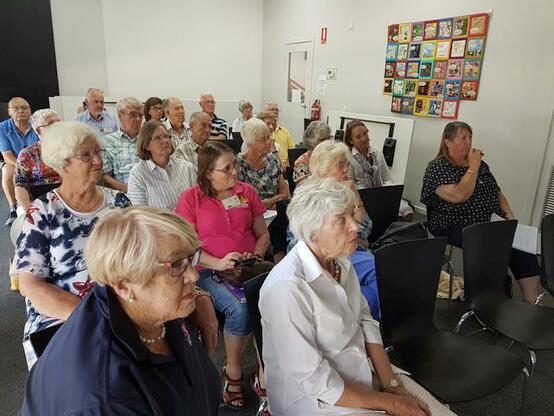A century of warfare in Europe between 1800 – 1899 followed as young revolutionaries tried to introduce more democratic participation in governments and sought to reclaim national control in their countries by expelling major powers.
The bad news continued with the two world wars in the twentieth century as unfinished business from the previous century spilled over into the industrialized warfare that created the most carnage in Human history.
How to stop it? For the first time in many centuries Europe has had peace from warfare for 70 years after the formation of the European Union in the 1950s. Not just a trading block, the EU has enmeshed European economies so that major former enemies (France, Germany and England) would find it impossible and unnecessary to start a war.
While Western Civilization has had many bad directions over its 2600 years [Warfare, slavery, Serfdom, Colonization and exploitation of the weak, there has never-the-less been a trajectory of progress in the last two hundred years.
Meg Dillon


 RSS Feed
RSS Feed
